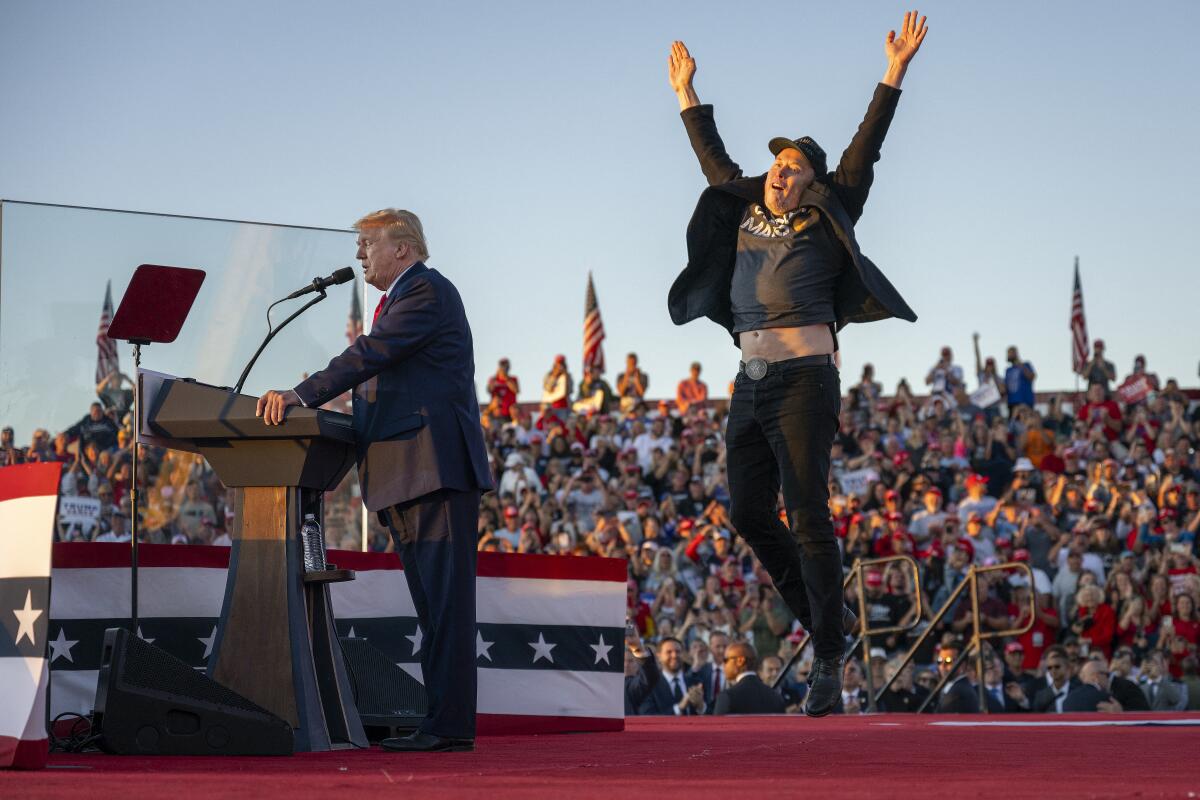OCTOBER 26, 2024 – With a few exceptions, my readers probably agree: there’s way too much big money in politics. At the time it was decided the 2010 landmark Supreme Court case, Citizens United v. Federal Election Commission got a lot of us all stirred up. The decision unleashed a wave of criticism and predictions of what would ensue from its tortuous interpretation of First Amendment rights. But in this election cycle, the problem of money in politics is bigger than ever—just as it’s so far down the list of voter concerns, it competes with the lack of fallout from Trump’s conviction in the Stormy Daniels case, his adjudicated liability (and $355 million judgment) in the civil fraud case brought against him by the state of New York, and the jury verdict and $5 million judgment against him in the Jean Carroll defamation case, not to mention the dead-in-the-water but pending criminal election obstruction case against him in federal court and the election racketeering case in Georgia state court. A continual stream of trash talk has buried the money and character issues.
What caught the eye of mainstream journalists recently, however, were the outsized cash contributions to the Trump campaign by Big Tech billionaires, the most notable coming from the most prominent Robber Baron of our time, the erratic and inimitable Elon Musk. Yet in the main, this corruption of democracy is ignored by the Harris/Walz campaign, since the influence bought and owned by the Big Money is apparently of little concern to the average would-be voter.
To be level about it, every third ad on YouTube programs I select (mostly musical performances), features Vice President Harris or former President Obama soliciting a donation from me. These appeals are effective: For the quarter ending September 30, the Harris/Walz campaign raised a record $1 billion. Much—though not all the loot—is from relatively small-fry contributors, none of whom will gain special favors or even a return phone call in recognition of a $10, $100, $1,000 or even $10,000 donation.
How can this be? How can we be so jaded, ignorant or otherwise uncaring of this quintessentially American aspect of elective politics—Big Money? Perhaps for the very reason that money in politics has long been a central theme of our brand of representative democracy. Much has been made by the leftwing, radical media[1] of Elon Musk’s recent “million-dollar-a-day lottery” for registered voters in swing states who sign a Trump-slanted petition. The sheer amount of cash involved—possible illegality aside—is patently obscene and unprecedented. On the other hand, however, it’s nothing new. In his senate campaigns in Texas, LBJ paid cash for actual votes—$5 a pop—which was absolutely not merely a possible crime. Johnson’s corruption was hardly an isolated case. Money and direct favors in exchange for votes has long been a feature of American politics, particularly in places controlled by political machines. But not even in the (first) Gilded Age, did any of the Robber Barons assume such a prominent role in—or donate such gobs of cash to—a presidential campaign as the owner of X is now playing.
Musk is not writing checks and performing jumping jacks (or whatever his hopping around is to be called) just for kicks. He’s tied his financial fortunes to the designs of the Duly Defeated, and if the latter regains the reins of Oval Office power, we can be certain that Musk will profit financially as much as or more than the Orange Man himself expects to gain.
We voters, we citizens, whether red, blue or purple, should be howling our condemnation of this money-power-money combination.
At the same time we should denounce another and even more serious money-power-money threat to our democracy: the decision by Jeff Bezos, owner of The Washington Post, to quash the paper’s editorial endorsement of Kamala Harris. According to Marty Baron, former executive editor of WAPA, what led to Bezos’s countermand was the very probable fear induced by Trump’s repeated express targeting of “the enemy from within.”[2] I don’t care what your beef with Harris and Walz might be, a vote for Trump (and in this cycle a vote for a third party candidate is a vote for Trump) is to raise your hand in support of an avowed and transparent authoritarian determined to destroy the First Amendment, starting with where it is most critical: a free press.
Why might the billionaire Bezos be fearful of Trumpian wrath? The prospects of Amazon and Blue Origin, not to mention WAPO itself, would suddenly be in the crosshairs. His fortune could be undone by a vengeful Trump.
But why are we not talking about the omnipotent and omnipresent corruptive influence of Big Money in Big Politics? Have we sacrificed the essence of the First Amendment (manifest in a free press) by pretending under Citizens United that money is free speech? It’s akin to hiding behind the Second Amendment to ensure that more schoolchildren will be murdered by a maniac wielding an AR-15. Both gospels of the red team are absurd.
We need to redirect our entire democracy by overhauling the way in which it openly invites corruption by the flood of greenbacks. Yet, I’m afraid we’ll have to wait for 2026 and beyond to address this foundational issue. Right now we’ve got our hands full with other challenges.
Subscribe to this blog and receive notifications of new posts by email.
© 2024 by Eric Nilsson
[1] Oops! Strike that. Make it “by the non-rightwing, non-extremist, non-purely-propaganda media outlets” . . .
[2] Bezos offered the insultingly lame explanation that WAPO should “leave the decision [to vote for Trump or Harris] up to its readers. This holds no water. WAPO has published endorsements of a raft of other candidates standing for House and Senate; better not to have given any reason than to have assumed stupidity on the part of WAPO’s subscribers.
